![]()
Unshackling the Soul: The Enchanting Tale behind Johnny Cash‘s “Folsom Prison Blues”
Every legendary artist has a humble beginning, and Johnny Cash was no exception. It all started during his time in the Air Force, where he developed a passion for music and taught himself to play the guitar. Jamming with his military pals, he sang gospel and old country classics. But as his confidence grew, so did his desire to create his own songs.
After being discharged from the service, Johnny made his way to Memphis, Tennessee, where he dabbled in various jobs, trying to sell appliances while pursuing his music career. Two men he met through his brother, Ray, would later become his loyal bandmates: guitarist Luther Perkins and bass player Marshall Grant, together forming the Tennessee Two.
Their journey took an unexpected turn when they auditioned at Sun Records in 1955. Initially, the head of the company, Sam Phillips, wasn’t impressed with their raw talent. Determined to make an impact, Cash poured his heart into writing new songs. Eventually, they caught Phillips’ attention with two tracks – “Cry, Cry, Cry” and “Hey, Porter.” Though not chart-toppers, these songs marked the beginning of a dream come true for Johnny, who had endured hardships and poverty in his earlier days.
Life on the road exposed Cash and the Tennessee Two to larger audiences, often opening for the charismatic Elvis Presley. But it was a twist of fate that would birth the song that catapulted Johnny into stardom. During a brief layover at a movie theater in Memphis, Johnny stumbled upon “Inside the Walls of Folsom Prison.” The gripping tale of a convict left a profound impact on him.
Inspiration struck during his flight as he penned new lyrics for an old blues song he had heard during his time in the Air Force – “Crescent City Blues” by Gordon Jenkins. Cash transformed it into a lively, guitar-infused melody that he aptly named “Folsom Prison Blues.” Sam Phillips, aware of the song’s origins, assured him there was no need to worry about a plagiarism lawsuit.
In late 1955, Johnny recorded “Folsom Prison Blues” at Sun Studio, but it was released in February 1956 to avoid the Christmas season. The song climbed to #4 on the country singles chart, laying the foundation for his next big hit, “I Walk the Line.”
The story of “Folsom Prison Blues” didn’t end there. Cash’s signing with Columbia Records in 1958 opened new doors, and a decade later, the song made a triumphant return. The iconic “Johnny Cash at Folsom Prison” album, recorded during his second performance at the penitentiary, propelled the title track to a four-week reign at #1 on the country singles chart in July 1968. The song even found its way to the pop charts, reaching a respectable #32 spot.
Meanwhile, Gordon Jenkins, the original composer of “Crescent City Blues,” remained largely oblivious to Cash’s 1956 version. It wasn’t until the runaway success of the 1968 recording that Jenkins noticed the striking similarities between the two songs. He took legal action, and Johnny settled the matter out of court by paying $75,000 for copyright infringement. Despite this, Cash retained full rights to “Folsom Prison Blues” until his passing in 2003.
The saga behind “Folsom Prison Blues” is a testament to Johnny Cash’s tenacity and talent. From its humble beginnings as a raw idea to becoming a timeless classic, the song serves as a powerful reminder of the unbreakable spirit of a man who found inspiration within the walls of a prison and forever changed the face of music.
- Album: Johnny Cash with His Hot and Blue Guitar!
- Artist: Johnny Cash
- Genres: Country music, Jazz, Vocal/Easy Listening, Rock, Blues, Folk, Country
Lyrics
Hello I’m Johnny Cash
I hear the train a comin’
It’s rolling round the bend
And I ain’t seen the sunshine since I don’t know when
I’m stuck in Folsom prison, and time keeps draggin’ on
But that train keeps a rollin’ on down to San Antone.
When I was just a baby my mama told me “Son
Always be a good boy, don’t ever play with guns.”
But I shot a man in Reno just to watch him die
When I hear that whistle blowin’, I hang my head and cry.
Suey
I bet there’s rich folks eating from a fancy dining car
They’re probably drinkin’ coffee and smoking big cigars.
Well I know I had it coming, I know I can’t be free
But those people keep a movin’
And that’s what tortures me…
Well if they freed me from this prison
If that railroad train was mine
I bet I’d move it on a little farther down the line
Far from Folsom prison, that’s where I want to stay
And I’d let that lonesome whistle blow my blues away…
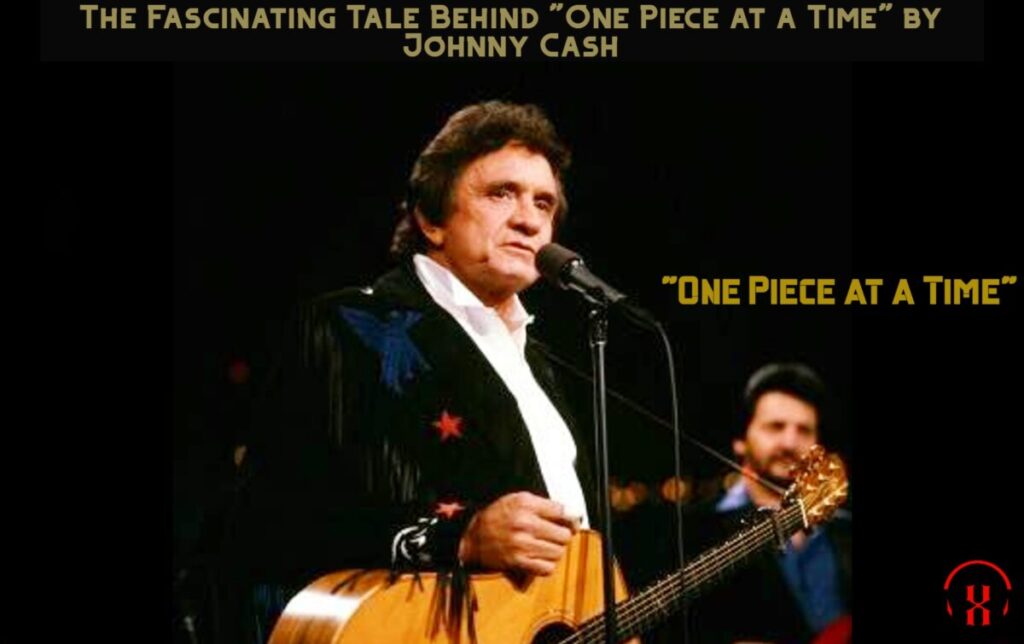
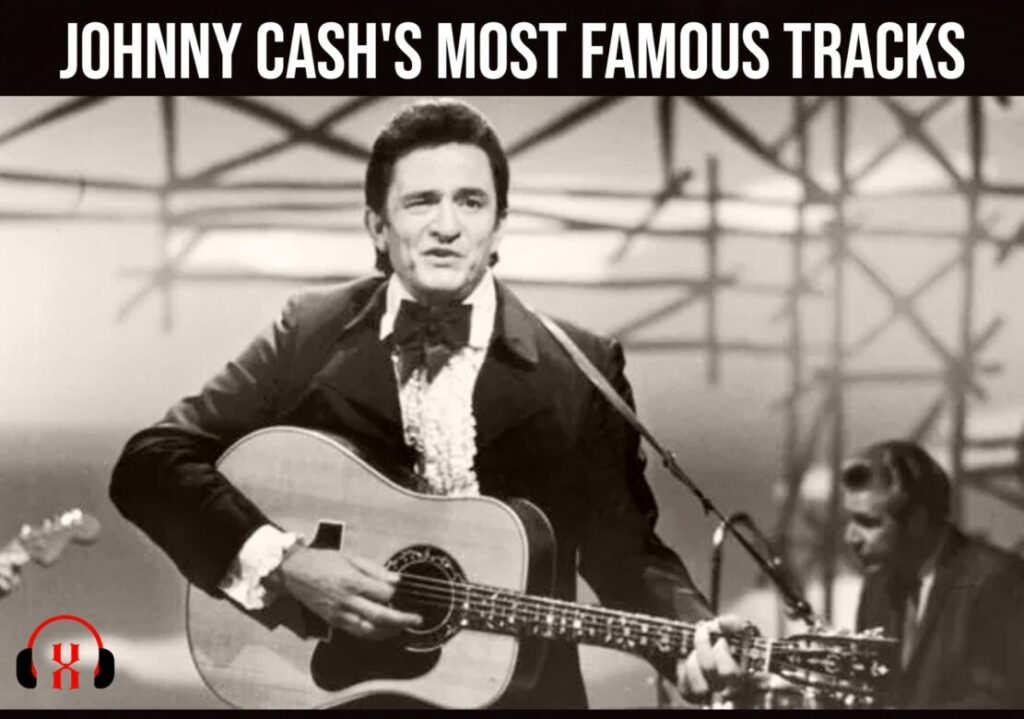
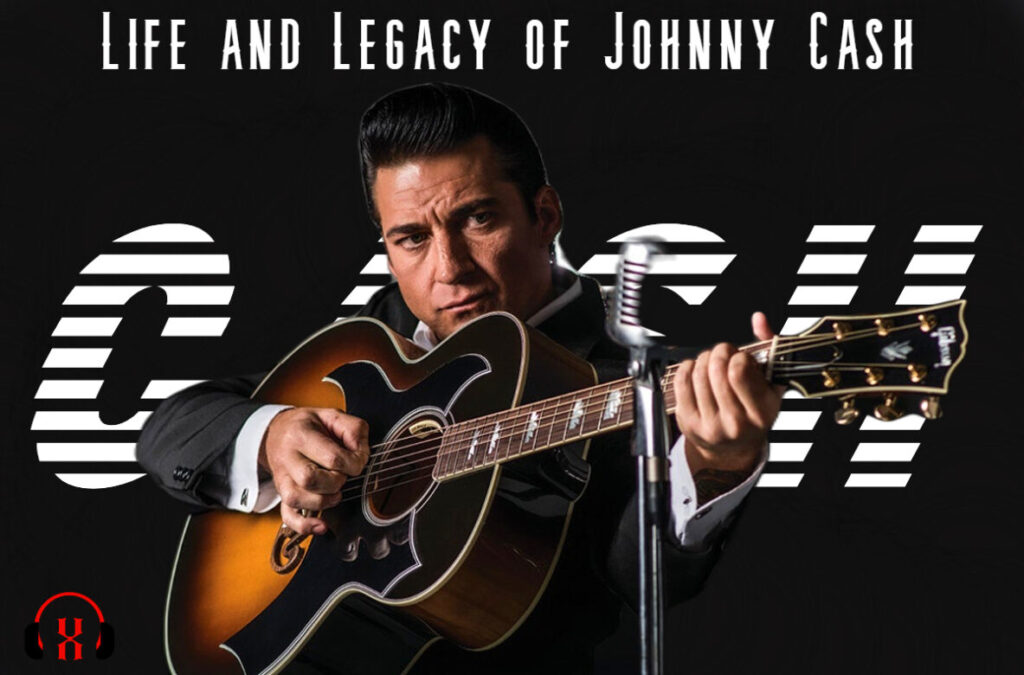


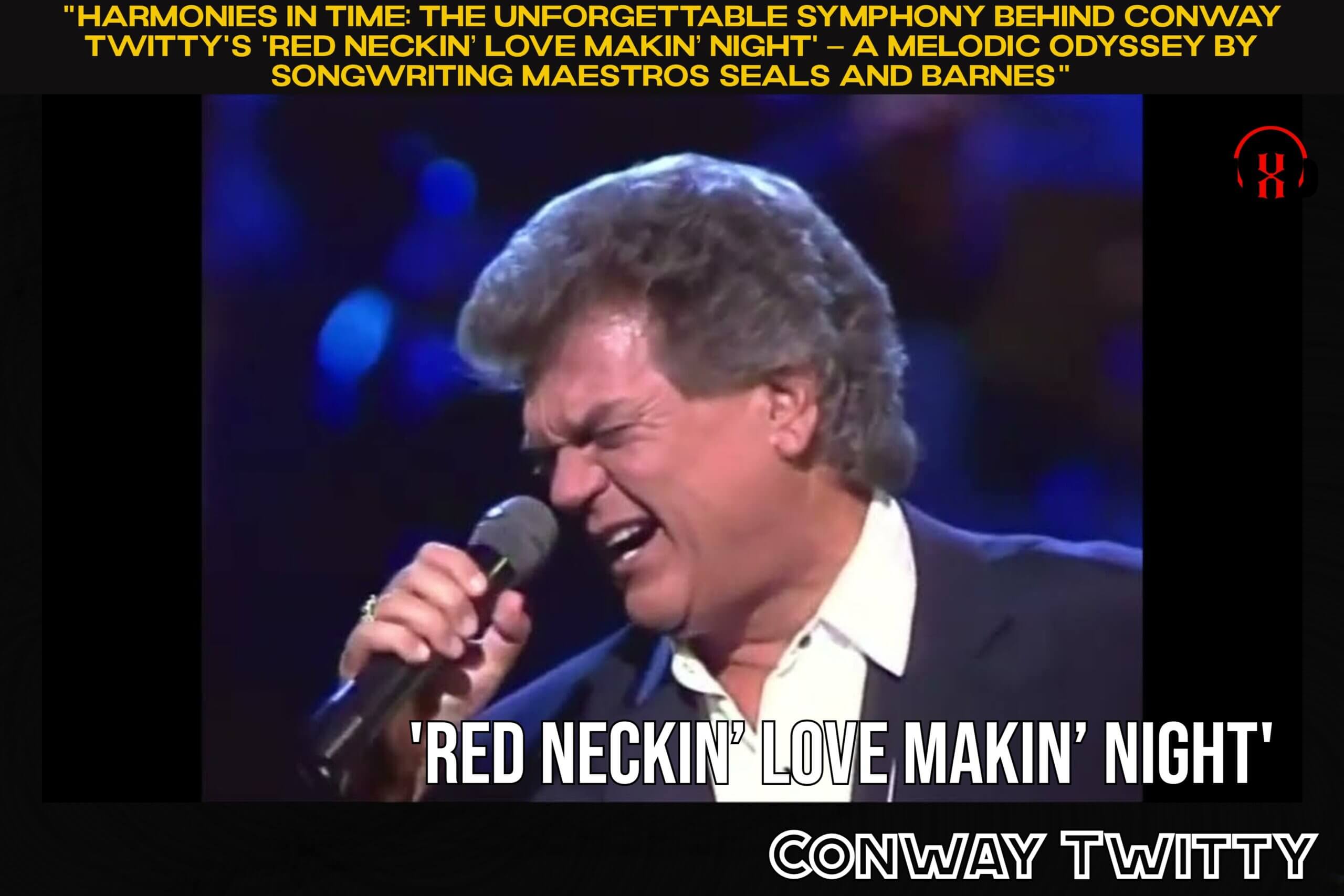
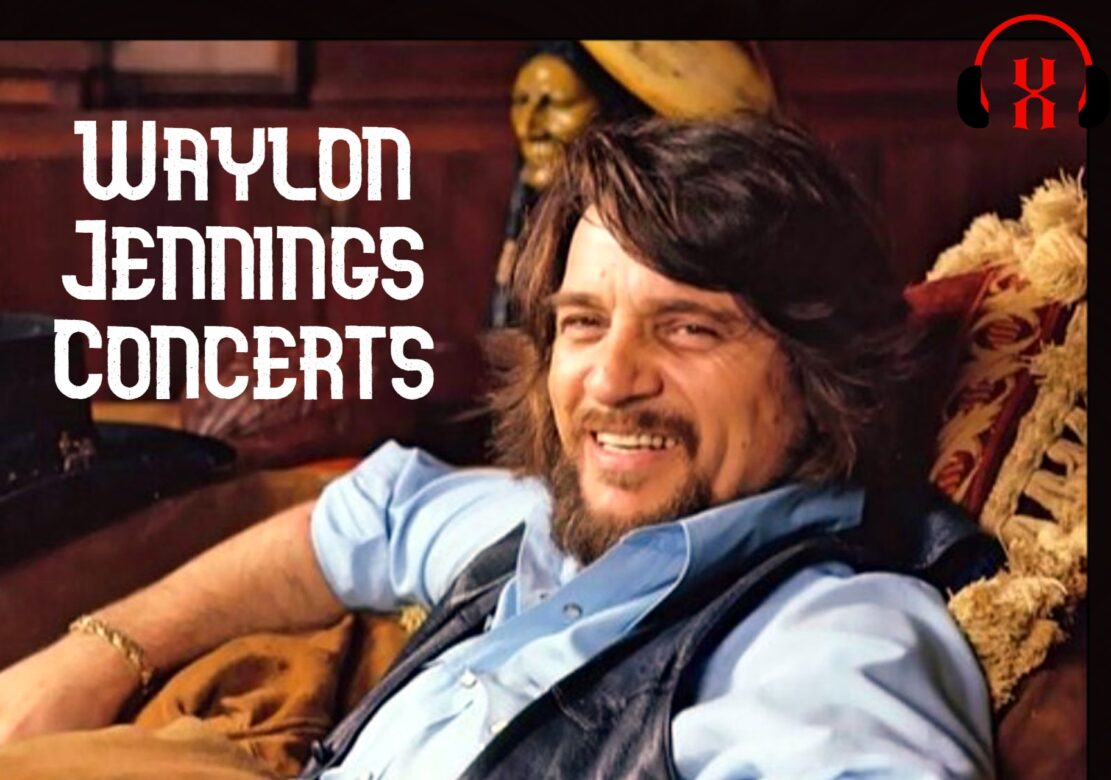
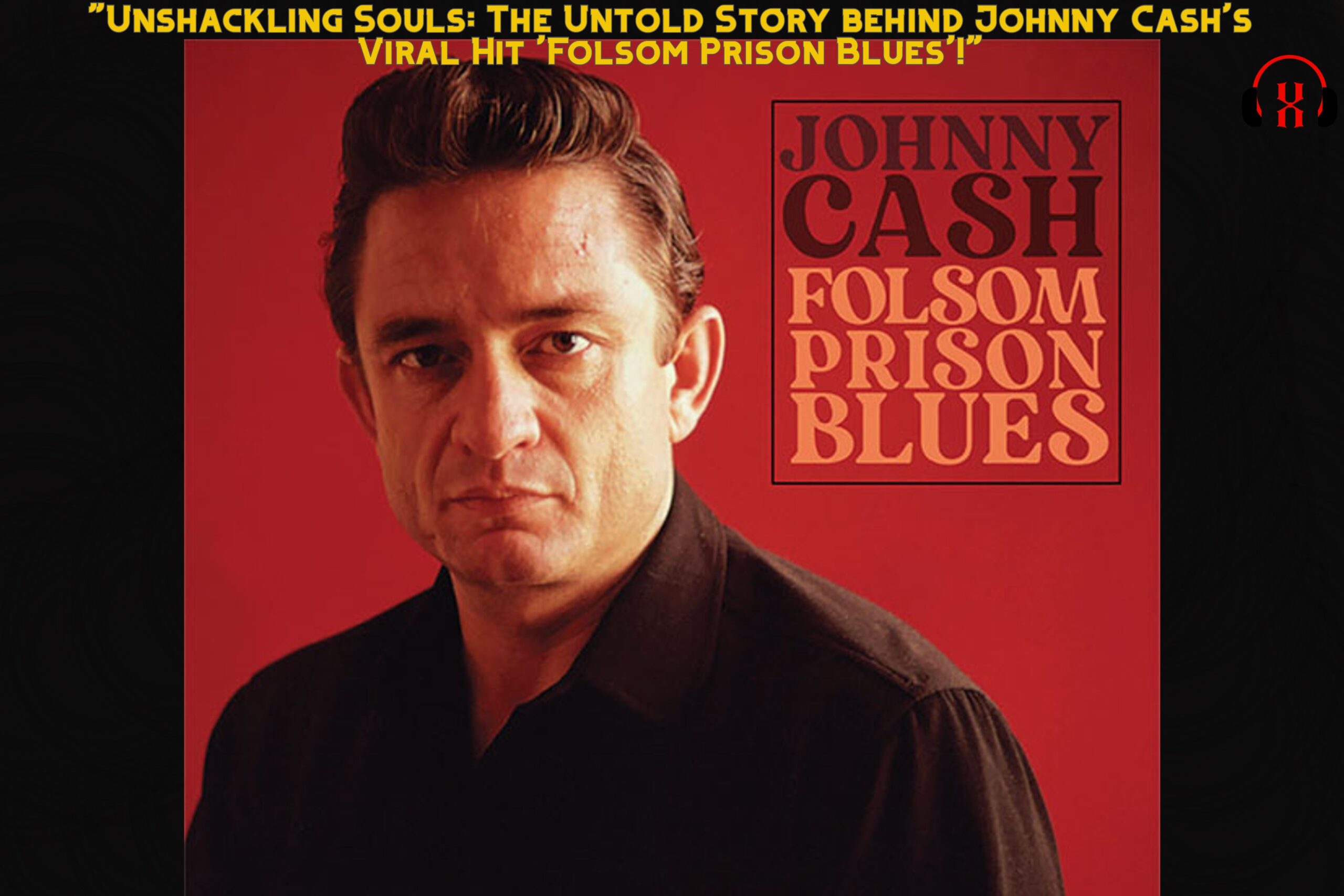
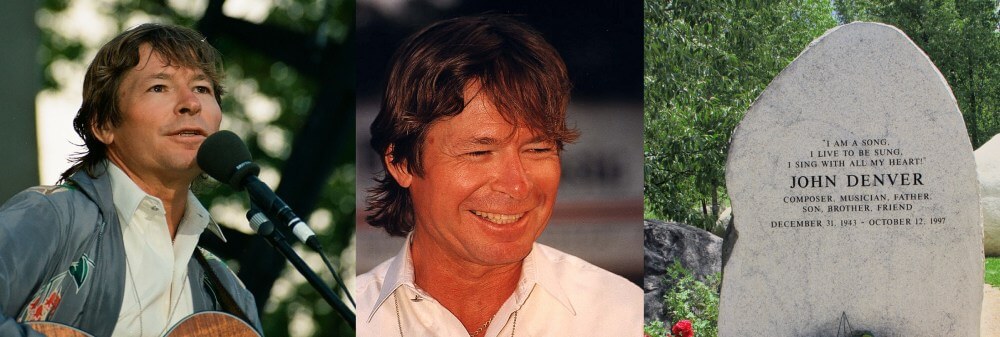
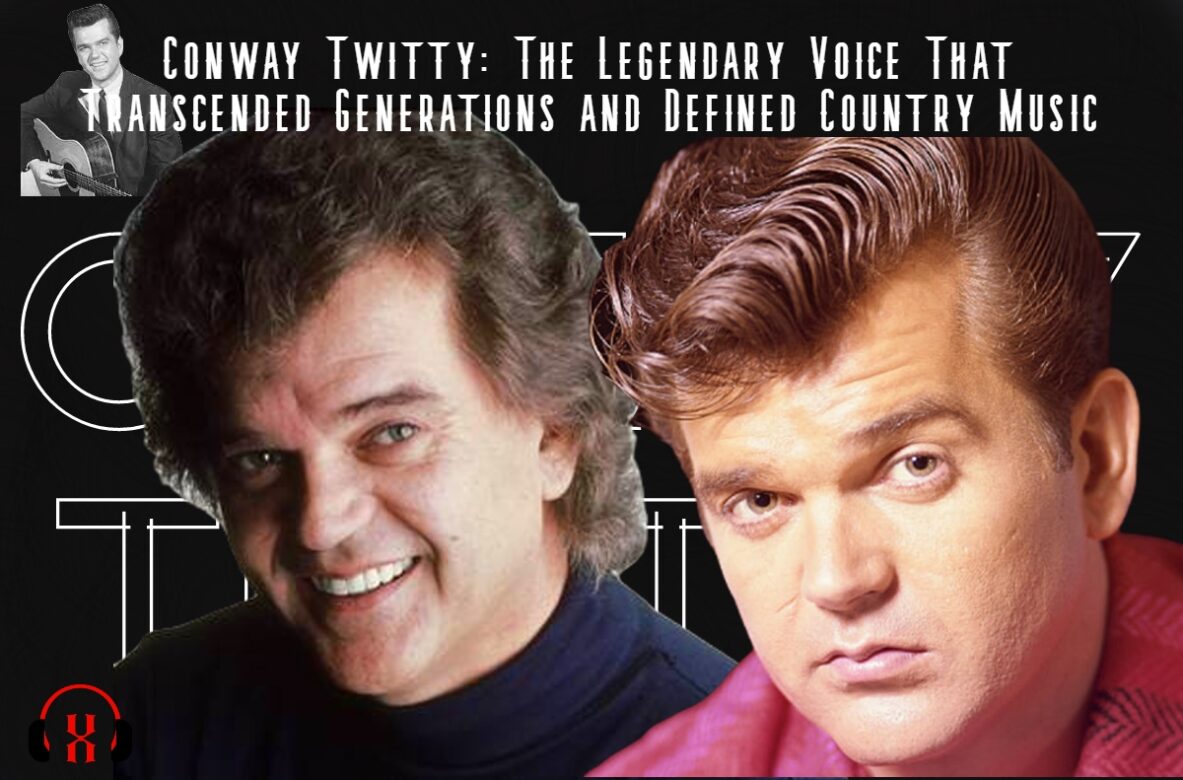
Comment on ““Unshackling Souls: The Untold Story behind Johnny Cash’s Viral Hit ‘Folsom Prison Blues’!””